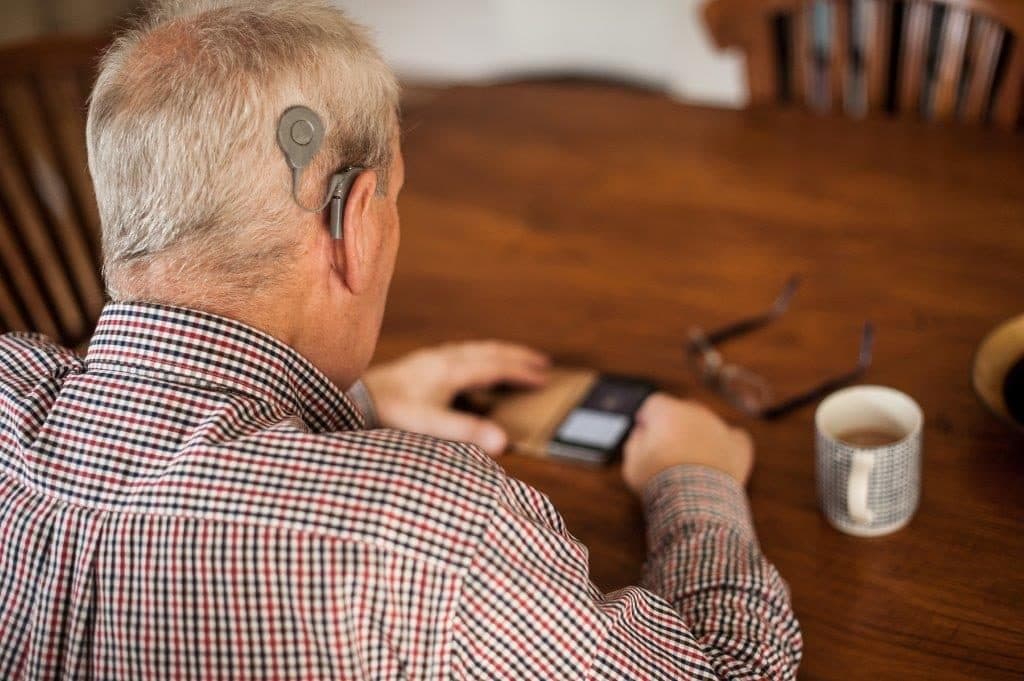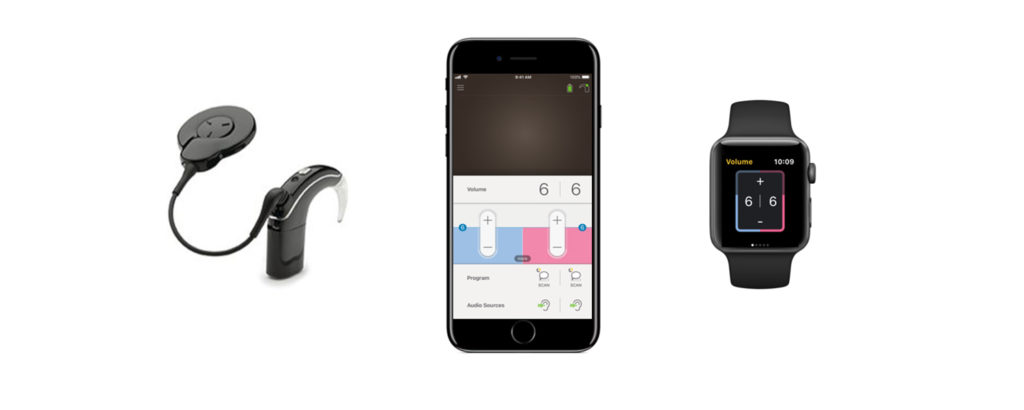World-leading hearing experts have joined forces to highlight the importance of adults having better access to cochlear implants (CI) when hearing aids are no longer enough.
About the consensus publication
The process brought together the knowledge of 31 experts across 13 countries to reach a consensus and agree on principles for helping adults with moderate to severe or profound hearing loss. The aim is to help them more easily gain access to treatments that would provide their optimal hearing outcome and best quality of life.
The consensus was written for healthcare professionals, but we believe that some of the findings are relevant for our Cochlear Family members.
If you wish to read the consensus abstract, click here.
Fewer than five out of 20 people who could benefit from a CI get one
The consensus group has called for cochlear implants to become the standard of care for adults with severe-to-profound hearing loss. They found ample evidence that, even in countries with the most advanced medical provision, only a small fraction of those whose hearing loss makes them eligible for a CI end up receiving one.
Lack of awareness
One of the main reasons for this, is a lack of awareness. Some primary and hearing health professionals simply don’t know enough about cochlear implants to bring the topic up with their patients. In many cases, they don’t know how to test whether a CI could be beneficial or where to refer someone who might be eligible.
More than just hearing
Hearing loss is associated with mental health and can substantially affect the ability to work. Left untreated hearing loss is linked to dementia. So, effective treatment with a cochlear implant can have outcomes that are more important than hearing.
In addition, it is not yet widely known that a CI can be appropriate for people who are not deaf, but who no longer get enough benefit from hearing aids. This consensus publication makes it clear that, in such cases, earlier implantation results in better hearing outcomes.
Sadly, not all health professionals appreciate that hearing loss affects more than just hearing. But you, through personal experience, truly understand it.
Time to speak up
Next time you have the opportunity to discuss your CI, don’t assume that you have nothing to say.
What to say to friends and relatives
CI recipients never say, “I wish I’d waited.” If you know or meet someone who is struggling, explain to them that it’s possible and even advisable to get a CI earlier than they might think. Suggest that they make an appointment with an implant clinic to ask for an assessment.
What to say to your healthcare professionals
Don’t hold back! Thank your healthcare professionals for the difference a CI has made in your life. They honestly may not realise how much safer you feel crossing the road, nor understand the emotional connection you get from a video call with family and being part of the conversation over dinner.
Be like Mariann
Mariann (featured in image above), a proud grandmother of 20 children, remembers how difficult social situations became as her hearing deteriorated. ’It was frightening, actually. I was sitting at the table with all of these people and I couldn’t hold a conversation,’ says Mariann. Mariann went through three sets of hearing aids with little success. Thankfully, she was referred to a hearing implant specialist, which resulted in her getting a cochlear implant. As well as enjoying her grandchildren and gardening, Mariann has gone back to university to do a second degree.
’Because I can hear and see and do, I’ve taken more interest in my own life around me,’ she says. ‘I’m sharper in the mind; I’m comprehending better; I’m processing it better and I’m on the ball.’




